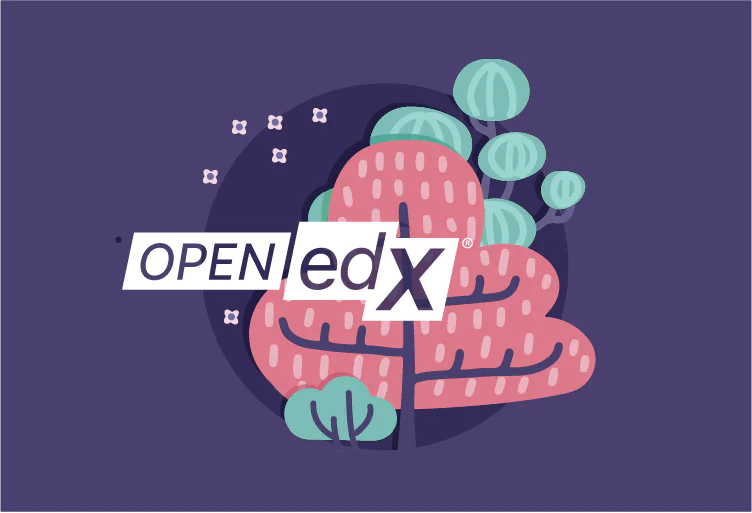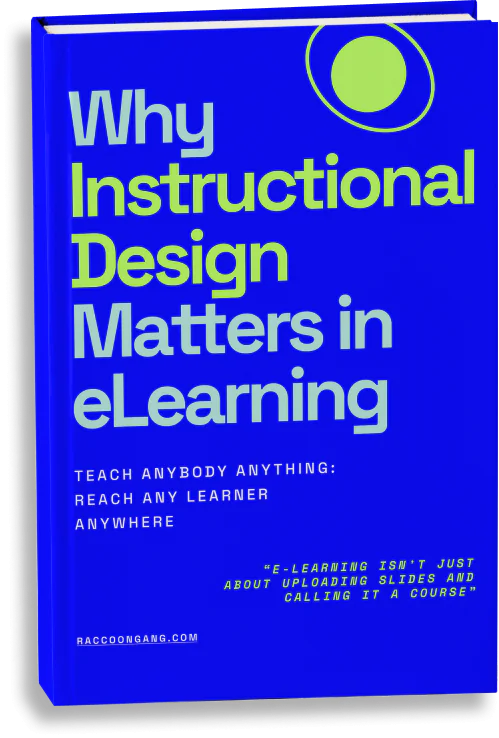Some of the significant changes for the Open Edx Lilac release are the following:
-
Open-Response Assessments (grading messages, rich text responses, ORA steps after peer-review and more)
-
Learning Micro-Frontend
-
Course Dates & Milestones (new user-friendly Course Completion page, 3-day Streak Milestone once learner engaged with course for 3 days)
-
Enhanced mobile experience (updated fonts, mobile ORAs support, drag-drop assessments, resume option, and much more)
-
Enhanced authoring experience (course outline renaming, ORAs changes, and more)
-
LTI 1.3 and LTI Advantage support (not by default)
-
Enhanced administrator experience (new index for migrations, dependency updates, new settings, changes to certificates, and much more)
This is not the whole list of changes. A more detailed patch note can be found on the official Open edX website.
However, we wanted to outline the xAPI release, better known as Tin Can. The release of this tool was also planned for Lilac, but due to certain circumstances, this did not happen. Nevertheless, we would like to cover Tin Can in more detail as it replaces the already obsolete SCORM.
What Is SCORM?
Before exploring new technologies that are replacing, it is worth remembering that your online learning processes have been based on SCORM technology over the years.
SCORM is an acronym for Shareable Content Object Reference Model. At its core, it is a programming interface that follows a relatively simple linear construction. Using SCORM as the core of online learning, learners work from grade to grade in sequence. For more than twenty years of history, this API has become dominant in the market and is used in many well-known LMS such as Docebo, Litmos LMS, Open edX, and many others.
Online courses on SCORM work by combining three essential components:
-
Content packaging. All training materials that you have created are packaged in a specific SCORM. This package combines all the data in the file that the LMS needs to run the course. At its core, this package answers questions like “Which document to launch?” or “What is the extension of this file?”
-
Run-time communication allows data exchange between the LMS and the content. First, the LMS finds the content it needs, and after that, the communication process begins using the standard parameters of the “get” and “set” calls.
-
Sequencing. This element is responsible for the smooth navigation of the course. The main task of this component is to determine how the user navigates and proceeds to the following steps.
All three of these components work non-stop to provide a great online learning experience.
Like any other software solution, SCORM has its pros and cons, which are also worth discussing. We have collected all of them in a convenient table so that you can evaluate SCORM.
Pros and Cons of SCORM
| Pros | Cons |
| Since SCORM has become an unspoken standard for so many years, content created on its basis will be accepted by most platforms. At the same time, content that does not conform to SCORM may be rejected. | The most popular version of SCORM was released in 2004, and over these 17 years, technologies have developed to unprecedented heights, and SCORM no longer meets modern requirements (for example, mobile learning and so on) |
| Over the years, many LMS and authoring tools have emerged that support SCORM. You will have no difficulty in finding the perfect online learning tool that fully meets your needs. | The use or implementation of SCORM today is unpromising since, due to the emergence of new technologies, you will soon have to reformat your courses to comply with modern standards. |
| Using SCORM compliant LMS, you can ensure that all content will work without errors, and your courses will be bug-free. | Some content formats bug iOS devices as they were created using Flash and begin to crash or work incorrectly when replaced with HTML5. |
| Thanks to the plug-and-play feature, SCORM courses can be created once and distributed across multiple platforms. | SCORM authoring tools can be pretty expensive, and many have a steep learning curve. |
The main problem of SCORM in Open edX today is the limited control of learning and tracking of student learning. SCORM can only track online interactions with the LMS (e.g., quizzes and grades, and so on).
In the meantime, any actions outside the LMS (attending a webinar, reading an ebook, watching a video on YouTube, etc.) are not captured by SCORM and remain off-screen. Such important points should not be overlooked as they directly affect online learning, and unfortunately, SCORM no longer meets modern standards.
What Is Tin Can?
Now is the time to talk about what will come to replace the outdated SCORM in Open edX, namely xAPI, or as many call it, “Tin Can.”
Tin Can is an open-source application programming interface (API). This tool provides a broader scope for tracking and managing learning experiences. The prefix “x” is added to the API as it stands for Experience.
At its core, xAPI is quite similar to SCORM. However, it allows you to track the progress of learning both inside LMS systems and outside them. In addition, Tin Can does not require an Internet connection for these operations.
Another strong point of xAPI is the flexibility of this tool. You can easily integrate it with other recording and tracking platforms. For example, you can incorporate xAPI into sales CRM, offline assessments, and CMS to have a complete picture of the sale of your courses and the results with which students complete them.
Tin Can Advantages
So, let’s summarize all of the above with the main advantages of xAPI that you should know about.
Benefit #1. Ultimate Learning Experience Tracking
With Tin Can, all student learning progress will be in the palm of your hand. You will be fully aware of the activities of the students inside and outside the chosen LMS. If the student has attended any seminar, xAPI will track and record the entire learning experience. This will help you analyze the impact of third-party interactions on your overall learning outcome and experience.
Benefit #2. Accessible Mobile Learning
Tin Can track learning experiences not only on desktop browsers but also on mobile devices. This tool creates a smooth transition between learning through a computer browser and learning on the go using a mobile device. As a result, the student will be in a comfortable ecosystem and always choose where it is more convenient to study. And all of this will be tracked by Tin Can create a complete picture of the learning experience.
Benefit #3. Offline Synchronization
The online connection’s independence is one of Tin Can’s main advantages. This allows students to absorb knowledge wherever they are. At the same time, xAPI will record all progress and, upon subsequent connection to the network, synchronize the data with the existing one and save it.
SCORM vs. Tin Can
Now is the time to compare these two tools so that you are finally convinced that Tin Can is the future of online learning and working with the Open edX platform.
| Feature | SCORM | Tin Can |
| Completion tracking | ✔️ | ✔️ |
| Time tracking | ✔️ | ✔️ |
| Pass or fail to track | ✔️ | ✔️ |
| Single score reporting | ✔️ | ✔️ |
| Multiple score tracking | ❌ | ✔️ |
| Detailed tests results | ❌ | ✔️ |
| Great security | ❌ | ✔️ |
| No LMS required | ❌ | ✔️ |
| Internet connection independency | ❌ | ✔️ |
| Complete control over the content | ❌ | ✔️ |
| No cross-domain limitation | ❌ | ✔️ |
| Mobile learning | ❌ | ✔️ |
| Platform transition | ❌ | ✔️ |
| Educational games tracking | ❌ | ✔️ |
| Simulations tracking | ❌ | ✔️ |
| Informal learning tracking | ❌ | ✔️ |
| Real-world performance tracking | ❌ | ✔️ |
| Offline learning tracking | ❌ | ✔️ |
| Interactive learning tracking | ❌ | ✔️ |
| Adaptive learning tracking | ❌ | ✔️ |
| Blended learning tracking | ❌ | ✔️ |
| Long-term learning tracking | ❌ | ✔️ |
| Team-based learning tracking | ❌ | ✔️ |
Wrapping Up
We took a closer look at the two technologies SCORM and xAPI, and came to an inevitable conclusion. Even though we have all become very accustomed to the capabilities of SCORM, this technology is already very outdated and urgently needs to be replaced. And we are glad that a worthy candidate – xAPI – will come to replace it. We are looking forward to the full implementation of Tin Can in Open edX to try out all its features. And if you still have questions about xAPI or Open edX, we are happy to offer our help.
Raccoon Gang is a professional custom development company based on the Open edX platform. Our portfolio includes different projects that have helped our clients to make the online learning process more technological, efficient, and engaging. Write us your question, and our managers will contact you ASAP to provide professional consulting.
Want to know more about Open edX and why we believe it’s a great LMS technology? Check out our blog posts on the topic:



